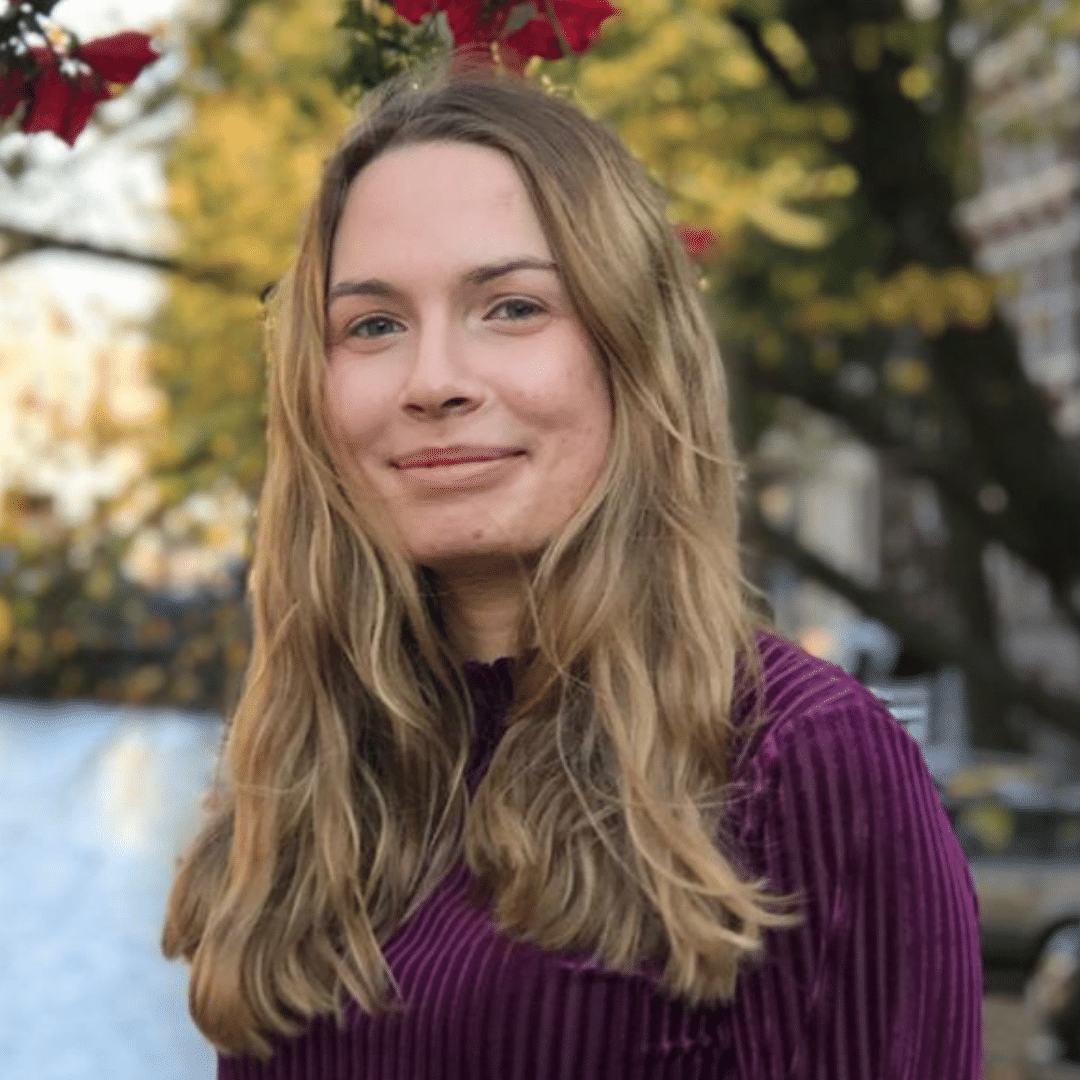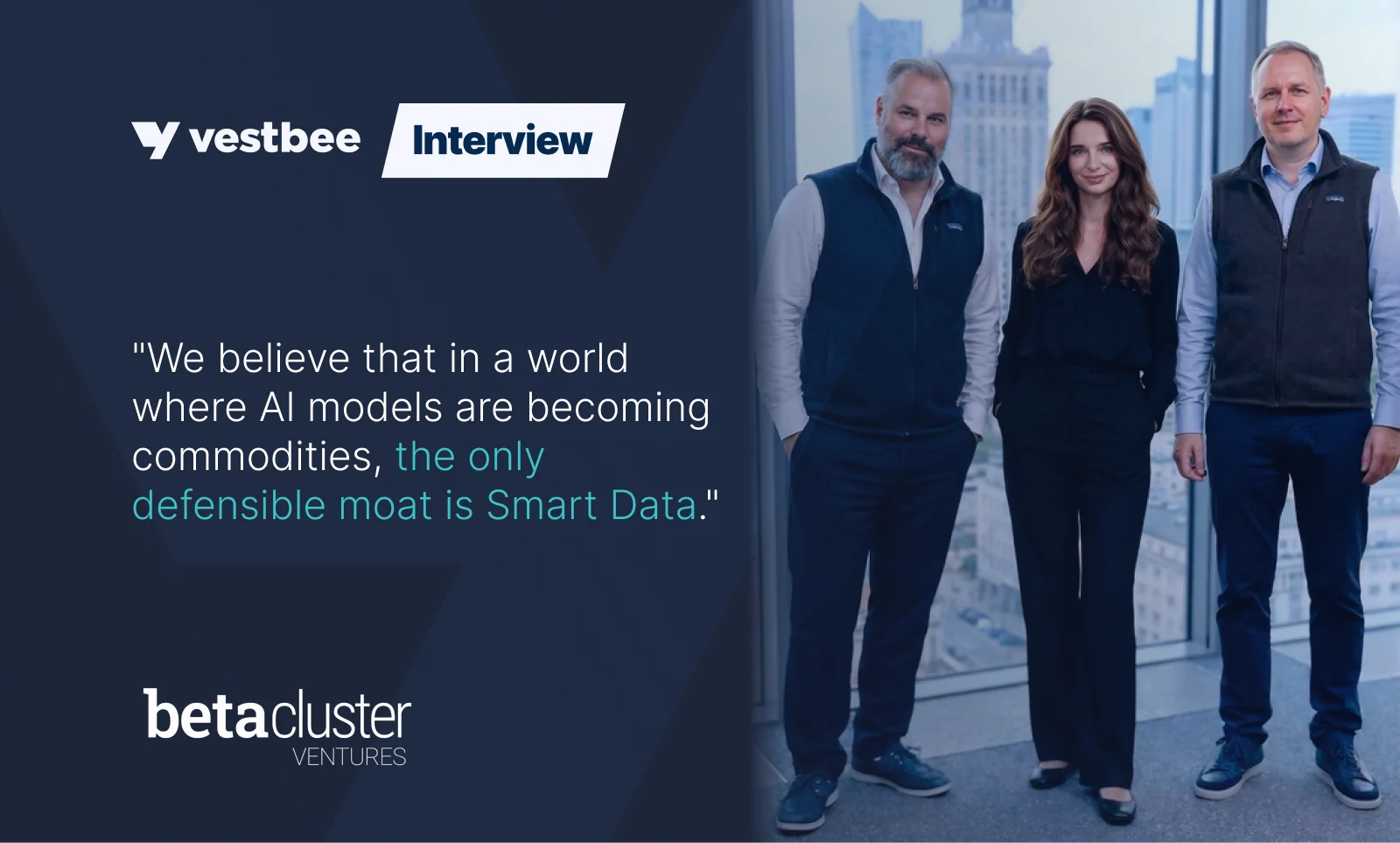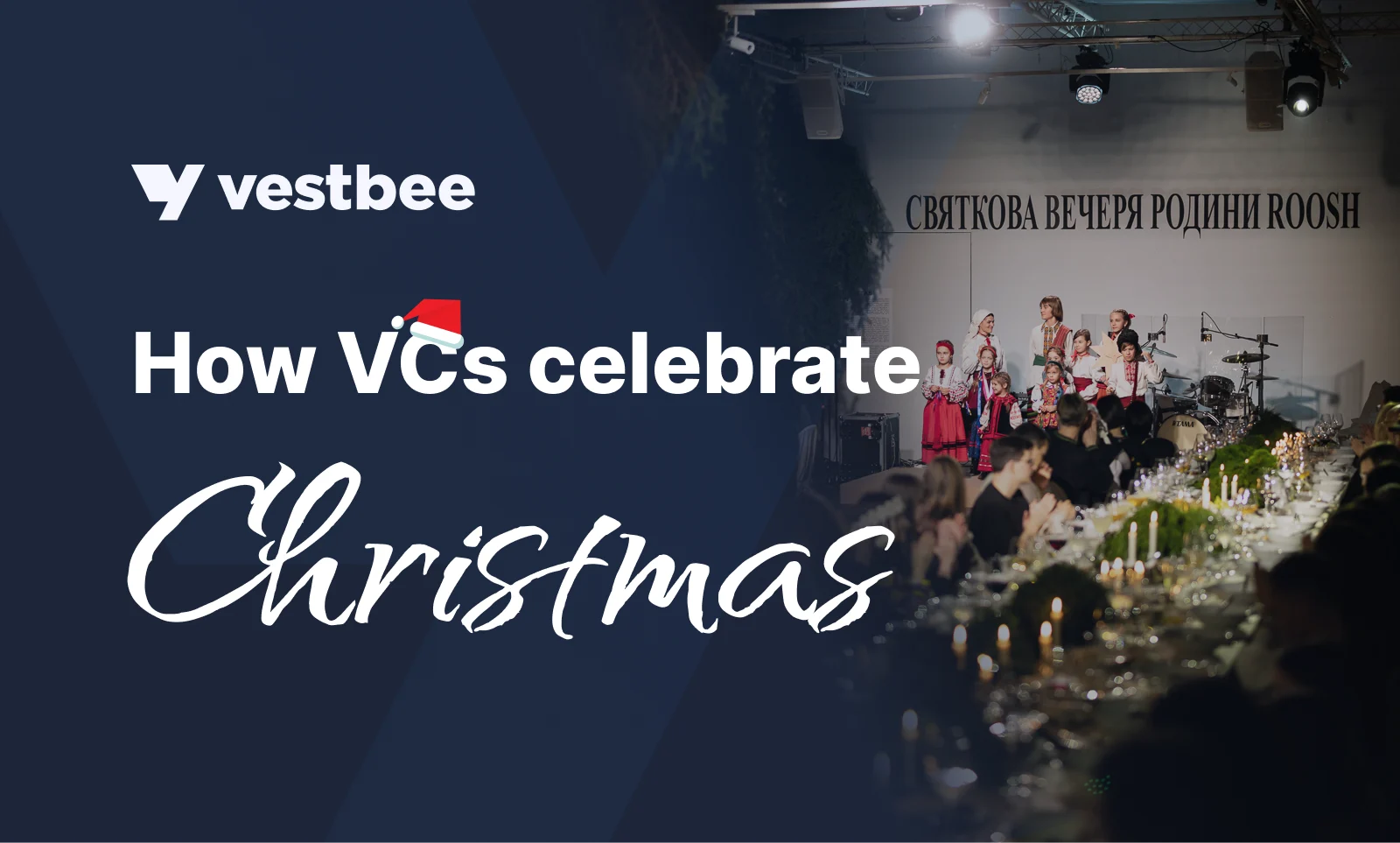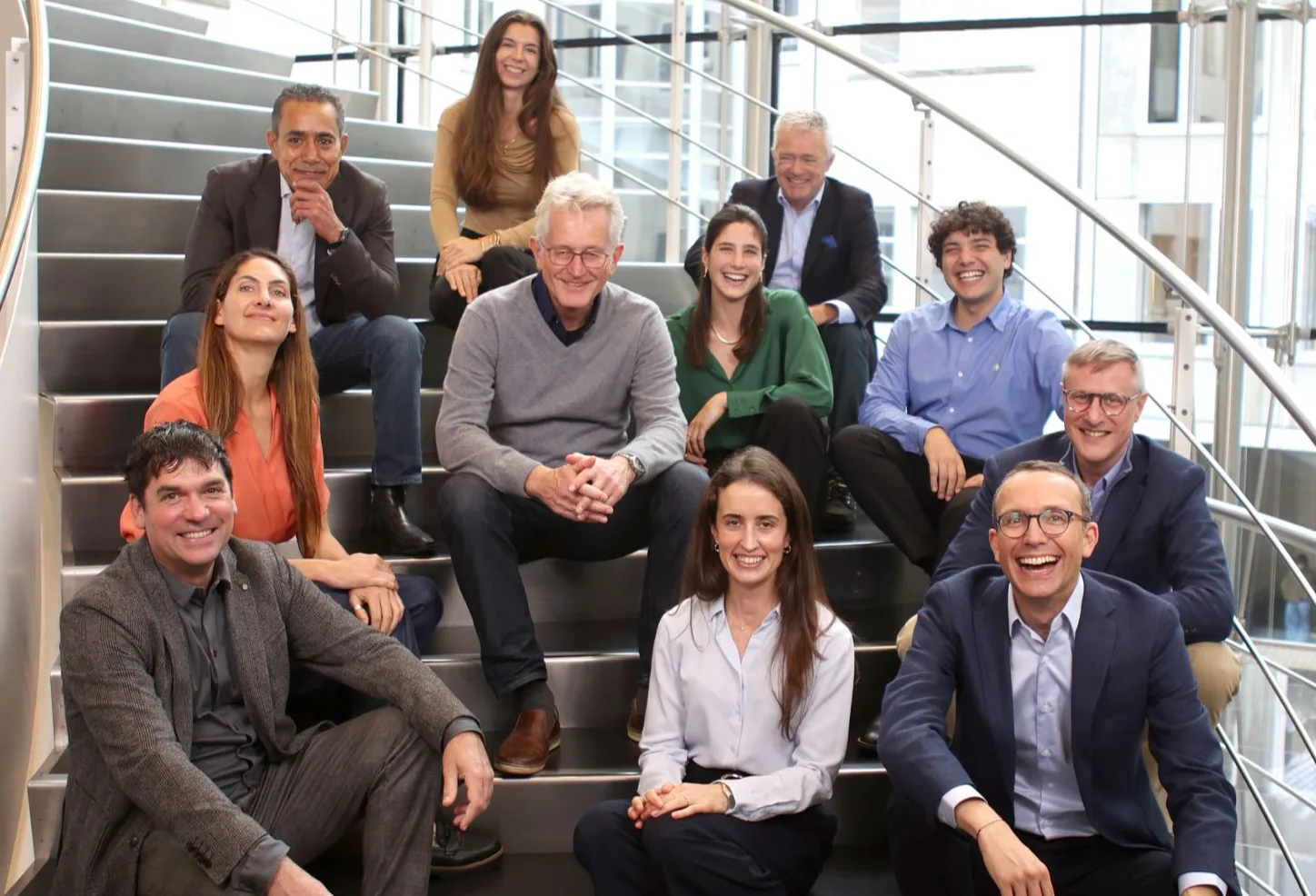24Ventures has just completed its second closing, bringing the fund’s capitalization to over €19 million (82 million PLN). In an interview with Vestbee, Managing Partners Katarzyna Kowalczyk and Łukasz Wąsikiewicz shared insights into their investment strategy, the ambitions of Polish entrepreneurs, and the evolution of the broader venture ecosystem.
Why did you decide to start 24Ventures?
Łukasz Wąsikiewicz: Starting our own fund was a natural step. The three of us had been active VCs for a long time, so it wasn’t a sudden move. I feel very much at home in this market — we’ve built strong relationships, a solid reputation, good investments, and close ties with co-investing business angels and VCs.
Kasia Kowalczyk: When it comes to ‘gaps’ in financing, people often point to the later stages, but the truth is the earliest stage is also underfunded. Once public funds dried up and earlier allocations were used, the first tickets dropped sharply. Without strong early support, it’s hard to build an ecosystem that can grow into later rounds. That’s why we chose to focus on pre-seed and seed.
At the same time, more specialized funds are entering the market — in fintech, digital, or deep tech space — while generalists are becoming less common. This gives startups broader access to tailored capital. We keep our definition of software projects broad, so many companies can still apply for funding with us
How long was the fundraising process for the new fund? The fund grew from PLN 54 million to 82 million — what’s the story behind that increase?
K.K: The fundraising process went really well — but it was also very demanding. Our first conversations began in 2023, as we were wrapping up investments from our first fund. That was right after a series of interest rate hikes, which suddenly made VC less attractive, as investors could look for returns in other, less risky asset classes. On top of that, there was significant market uncertainty and supply chain disruptions. Many entrepreneurs had to hold on to capital to protect their own businesses instead of investing in funds.
Ł.W: I’d rate our fundraising very positively. We grew our capitalization, and investors responded well to our team’s track record and future plans.
In Poland, VC is still an underrepresented asset class, so we leaned heavily into education — showing investors that it should form at least 1–5% of a portfolio. This resonated: people joined not only to diversify, but also out of curiosity and to share their industry expertise. That’s our secret sauce: a seasoned team backed by top-tier investors — business owners and senior executives — who want to be actively involved.
You said you have a "story" that resonates with investors. What lessons from Satus Starter have shaped your approach at 24Ventures?
K.K: One important takeaway is the need to be realistic when investing in companies operating in a “red ocean”, where competition is already very intense. In such cases, the amount of capital a startup can attract becomes critical. Our own investment — even if co-invested alongside another fund — might not be enough for the company to scale to a level where it can become a significant player in its market. That means we need to adjust our financial expectations for such investments.
Another lesson that came back to us, almost like a boomerang, is just how crucial the team is. People in venture capital often say this, but it really cannot be overstated. A strong team can push a project forward through challenges, and it’s in those difficult moments that their strength shows — and with it, the real chances of the investment’s success.
Ł.W: It’s also important to remember that we’re not talking about history here — we’re talking about the present. The Satus Starter fund is fully invested, but it’s still very much an active fund. The vast majority of those investments are still in the portfolio, and only in the coming years will we really be able to evaluate them.
The companies in our portfolio have gone through tough trials — pivots, team changes — and now, after sometimes five years since the initial investment, they’re finally reaching stability. Their product-market fit is proven, follow-on rounds are coming in, and only now can we really start talking about scaling and moving closer to exits. Everything is still under construction.
K.K: Our time with Satus also coincided with some pivotal moments. We had barely started when the pandemic struck, which put significant pressure on our portfolio companies. Then, just a few years later, came the revolution sparked by OpenAI’s release of ChatGPT and the wave of technological changes that followed.
The clear lesson for us was that a fund also has to move quickly. You can plan ahead for certain strategic investments, but market shifts can happen so rapidly that assumptions need to be adjusted almost overnight.
What specific sectors and technologies are you focused on at 24Ventures?
K.K: Maybe it’s worth explaining why our investment scope is so broad. Since our fund also includes public capital, we operate under certain restrictions — for example, the majority of investments must be in Polish companies. Another limitation we set ourselves is the stage: we focus on the very earliest phases. To maximize the fund’s chances of success, we don’t want to narrow ourselves to just one or two sectors. We want the flexibility to back the best projects wherever they come from.
In terms of thematic areas — AI is unavoidable — it is often the core of the projects we see. We’re especially interested in its applications in industries still early in adoption, like construction or pharma, as well as enterprise solutions in knowledge management, HR, and customer care. We also look at cybersecurity, fintech, and other areas with strong technological layers that create real barriers to entry.
The second area of focus is projects that may not be strictly tech-driven but respond to broader social changes. We’re seeing many pet-tech startups, e-commerce solutions, new sales channels, innovations in mental health, and clean tech. Right now, there’s also a lot of hype around AI agents, so we’re actively looking at those as well. I think the next step will be orchestrators for these AI agents.
Overall, the range of startups we encounter is quite broad. Beyond market potential, it often comes down to the individual factors that make a particular project compelling.
Ł.W: It doesn’t really matter which sector you invest in. What matters is being a fund that succeeds. You must be aware of how quickly things change. A project backed by a venture capital fund must be attractive not only today, but also to potential buyers down the line. That attractiveness can’t be short-lived. One of the biggest challenges in this industry is to identify value, if not timeless—that’s too big a word—then at least long-term.
As a pre-seed and seed fund, you can’t rely much on hard metrics. How do you approach investment decisions?
K.K: When we select projects we believe can generate returns for the fund, we go back to the basics: the team. We plan to make around 18 investments, so diversification is important. We evaluate the team, their experience, and put a strong emphasis on collecting references about the founders. Even at an early stage, we want to see what they’ve already achieved.
Some projects we’ve tracked since before the fund’s launch, which lets us see how teams execute over time. If nothing moves for months, with no product development and no pilots, that signals weak execution. From Satus, we learned how decisive this factor is, and you can often gauge it early by what founders achieve between conversations. Team efficiency and communication are critical. They show us what collaboration might look like. At the end of the day, the fund can advise and support, but it’s the founders who carry the business forward.
Ł.W: In such a fast-changing environment, adaptability is essential. Almost every Satus Starter company pivoted at some stage — sometimes small, sometimes significant. The search for product–market fit continues until scale, so the ability to adjust and find the right niche is critical.
How actively do you get involved in supporting your portfolio companies?
Ł.W: We can be very engaged—more than the average fund—but it depends on the agreement. If several funds co-invest, founders don’t need all of us hovering. The right model depends on the team’s composition, number of founders, and their confidence in their competencies.That said, we bring real value. We help validate solutions by engaging our network—approaching investors and potential customers to gather clear feedback on market potential.
What are your goals for the number of investments and fund deployment over the next four years?
K.K: We’re working with a four- to five-year investment horizon, with the option to extend by a year. The goal is to deploy all available capital, and a potential additional close would naturally expand our capacity — though much depends on the performance of the first investments. By the end of this year, our target is to make at least four investments. Then, as more projects flow in and our research deepens, we’ll become more active in 2026.
Since you’ve emphasized that you want to invest in Polish companies and Polish products, what trends or opportunities on the local market excite you the most right now?
K.K: We can’t avoid artificial intelligence, and we see strong potential in applying it across verticals. CleanTech is another key focus. Projects focused on energy savings, process optimization, and efficiency improvements are definitely on our radar.
When it comes to Industry 4.0, we’ll approach these on a case-by-case basis. Reports on the digitalization of Polish industry show that we’re still lagging behind international benchmarks. That means there’s significant room for improvement, but as always, timing is crucial. We also look at consumer-facing projects tied to sociological shifts, which can gain traction quickly.
Ł.W: We’re very aware of how fast the world is changing. With globalization and the democratization of startup creation, it’s challenging to determine whether an idea will truly be a game-changer. We’re excited about new technologies but mindful of the risks: validation can take years, progress may slow after investment, and competitors elsewhere may advance faster.
K.K: For Poland specifically, improving labor productivity is essential if our economy is to remain competitive globally. On top of that, there’s growing pressure to develop technologies locally for security reasons. These two factors both drive momentum for supporting AI. But the key is also the readiness of enterprises to adopt such solutions across different areas of their operations.
What we see in practice is that many startups secure their first traction with Polish customers. That creates a kind of feedback loop—local demand helps validate the product, which in turn strengthens the case for broader growth.
From your experience, are Polish founders now better prepared to build globally scalable solutions?
Ł.W: When we talk about “Poland versus the world,” there are pros and cons. Yes, our ecosystem is smaller, but Poland has been Europe’s fastest-growing economy for 25 years, and startups here use capital more efficiently than in Western Europe or the U.S. The downside is we haven’t yet had a true unicorn breakout like Estonia or Israel.
I like to use a sports analogy: before Robert Lewandowski, no major football clubs were interested in buying Polish players, because no one knew them. Following Lewandowski’s success, Polish players became suddenly recognized and sought after. That’s where we are now with startups. ElevenLabs is now a rising star from Poland, and this is great for our ecosystem. However, we’re still waiting for the moment when global attention turns to Poland the way it once did to Estonia or Israel.
The fundamentals are strong: talent, work ethic, and a growing economy. What’s promising is the return of exited founders and the rise of business angels. Even back in our Satus days, we had investors who had themselves received venture capital, experienced the benefits, and then came back as investors. They believe in the model and often invest not just for financial reasons, but out of conviction. That’s a powerful signal—they provide the first money, and it’s smart money. They prove that it works.
K.K: Success stories matter, but we’re still far from a unicorn factory. The reason is simple: all of CEE together started to exceed €1 billion in VC annually only in 2021, while countries like France or the UK have surpassed that level every year for many years. Without enough capital, we’ll only see exceptional cases, not a steady pipeline.
I’d also stress the mindset of entrepreneurs themselves. The attitude toward failure hasn’t fully changed yet, and there’s still a lot of work to be done in that regard. Failure should be treated as a learning experience, not something to fear. A second-time founder who didn’t succeed the first time isn’t someone to dismiss — in fact, they might be an excellent candidate for investment, precisely because they’ve learned from their earlier mistakes.
Ł.W: The mindset of Polish investors has also been evolving. A few years ago, when I spoke about startup investments, I would often hear questions that, to anyone familiar with the industry, sounded paradoxical: "What’s the EBITDA?" Well, there isn’t any EBITDA; it’s simply not at that stage of development. Or they’d ask: "How many years until I get my money back?" We hear much less of that today.
Now, more investors are taking a textbook approach. In Poland, we’ve seen the growth of family offices, business angel networks, and educational efforts around venture capital. We also place a strong emphasis on education ourselves. My impression is that investors today understand the VC market much better. They know it carries a much higher risk than, say, listed equities, but they also see the potential for significantly higher returns. At the end of the day, it’s the classic risk–reward equation. So, long story short: awareness is growing, and that’s a very positive trend.
What advice would you give to founders looking to raise money from 24Ventures?
Ł.W: Do your homework. A pitch has to be clear, well-prepared, and give the fund confidence. If it isn’t, every fund will tell you the same. It’s not hidden wisdom — just a solid business presentation.
K.K: Exactly. Even with our broad scope, we still get projects that don’t fit, like hardware, which we don’t invest in. That wastes the founders’ time. It also helps to ask around — talk to startups we’ve backed and see if we’re the right partners.







